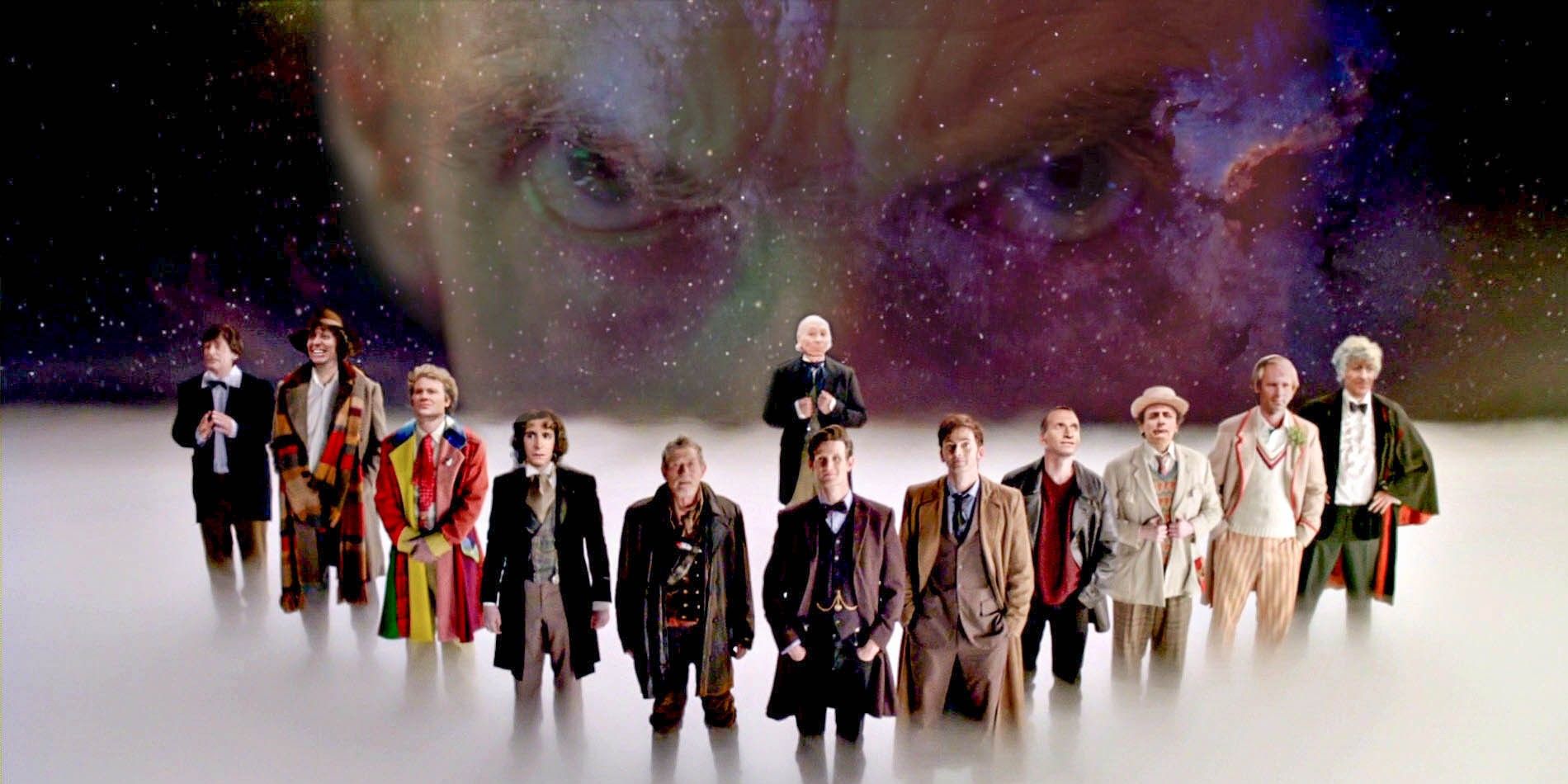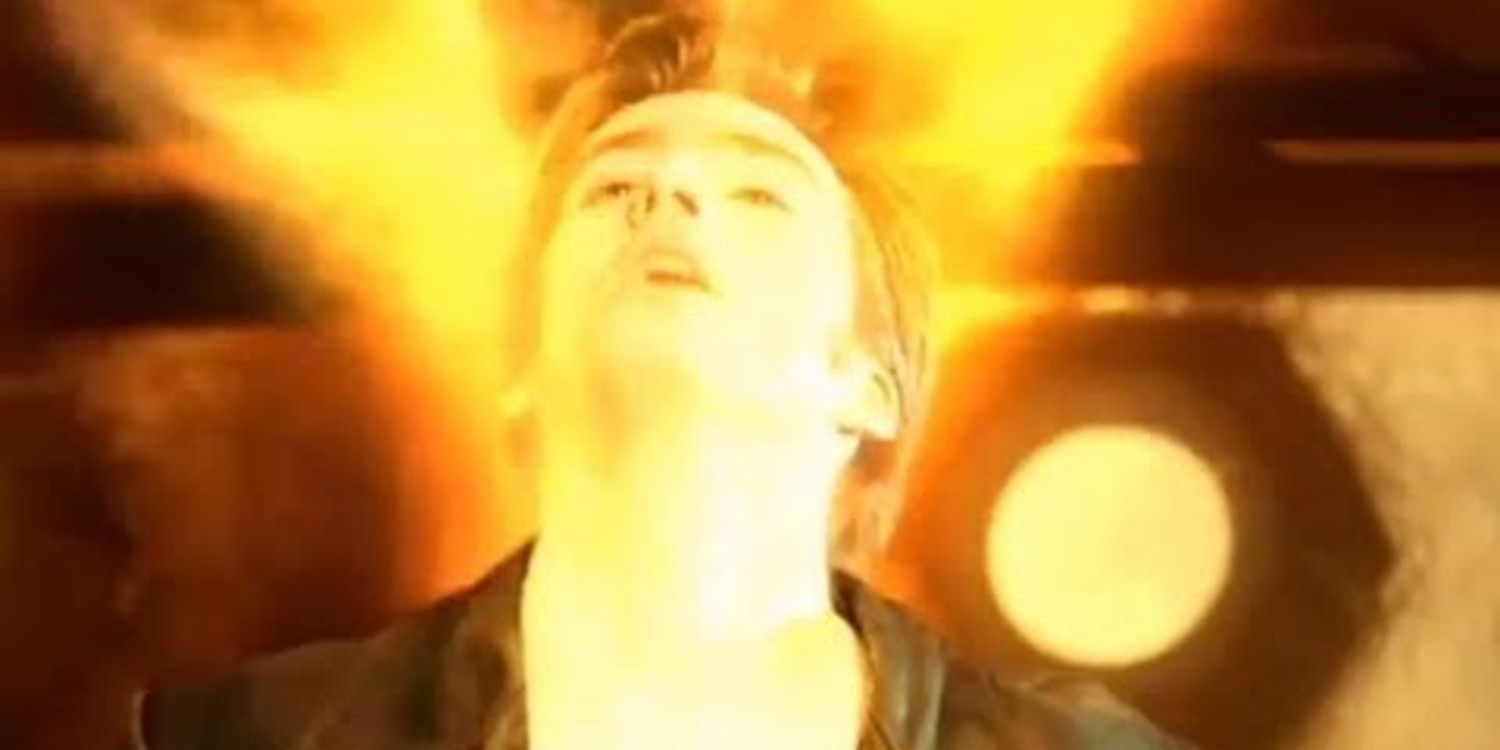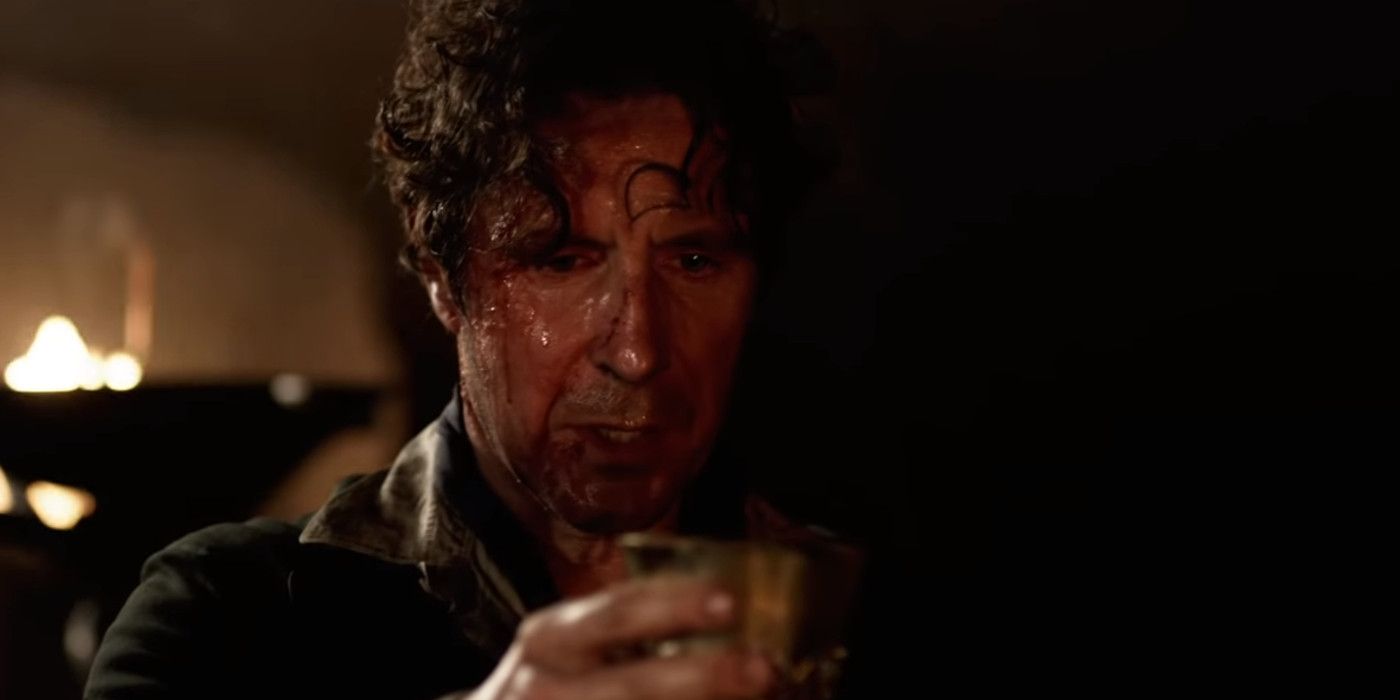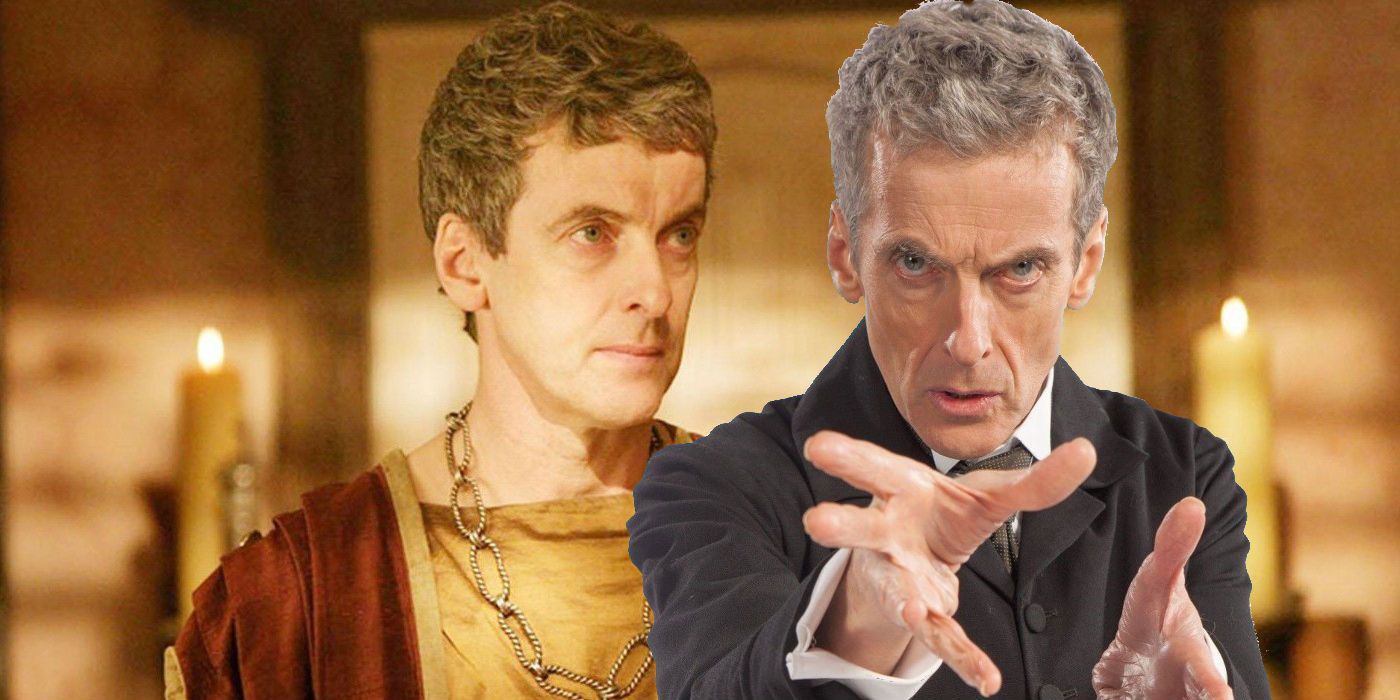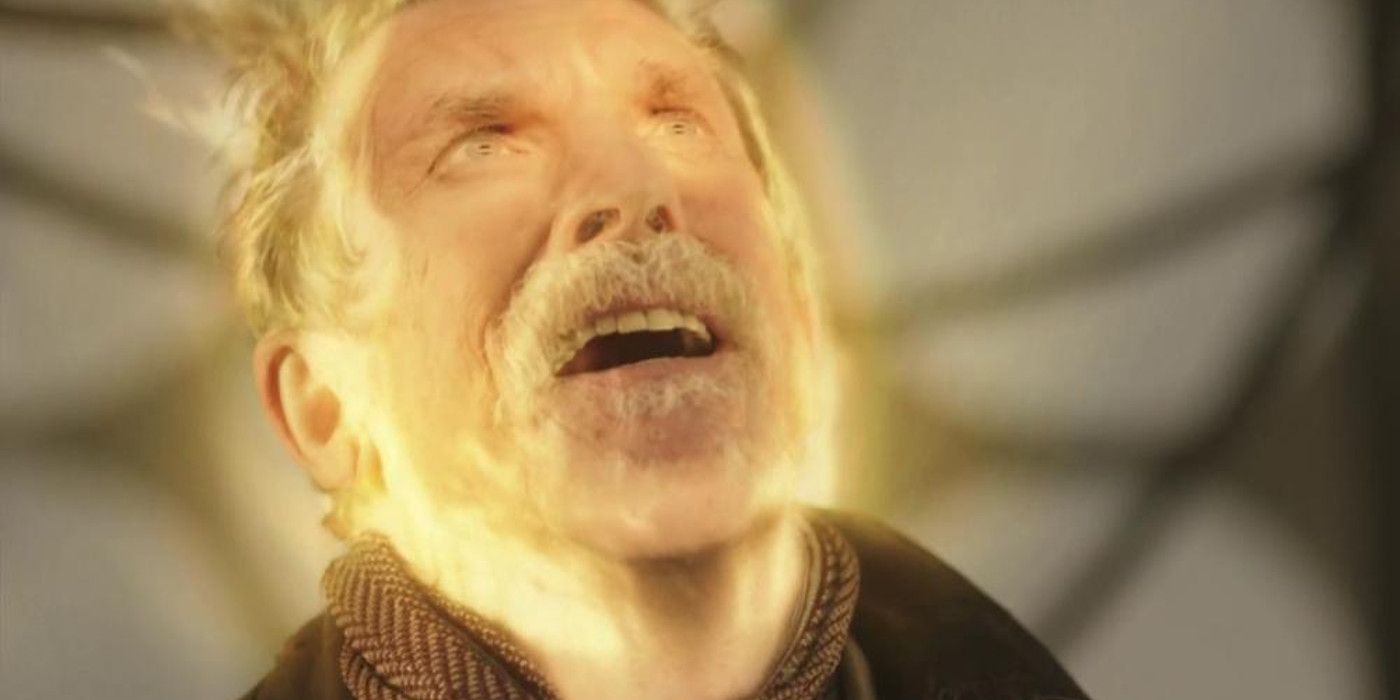Is it possible that the personality of a Time Lord like The Doctor from Doctor Who could be shaped by their dying thoughts while regenerating into a new incarnation? There is ample reason to believe that this is the case.
The concept of regeneration is one of the most unique aspects of the Time Lord race and part of the reason why Doctor Who is the world's longest-running science fiction series. The concept was originally introduced because of the failing health of actor William Hartnell, who originated the role of The Doctor in 1963. The show was still a big success for the BBC and they didn't want to end it, which led to the idea that The Doctor's species had discovered a process that renewed their bodies while literally transforming them into new people.
This concept gave each successive actor and writer who worked on the show the freedom to tackle the character of The Doctor in their own way. So long as they adhered to the idea that The Doctor was "never cruel or cowardly" The Doctor might be a kind-hearted hero as easily as he might be a smooth-talking manipulator. Yet despite the importance of regeneration to the show's mythology, the details of how it works and what influences it have not been explored in detail.
How Time Lord Regeneration Works
Time Lords generally regenerate their bodies when old age or severe physical injury make it necessary. Each Time Lord is limited to 12 regenerations, leading to 13 total incarnations. This is a legal limit imposed by Time Lord society, rather than a physical limitation of the regeneration process, as it is possible for a Time Lord to be given extra lives. Such was the case with The Master, who was offered a full pardon for his crimes as well as a new set of regenerations by the High Council of the Time Lords in exchange for his assistance in "The Five Doctors."
Perhaps the most succinct summation of Time Lord regeneration was delivered by the 9th Doctor to his companion Rose Tyler, as he began the process of becoming the 10th Doctor in "The Parting Of Ways." "Time Lords have this little trick. It's sort of a way of cheating death. Except... it means I'm going to change. And I'm not going to see you again. Not like this." He also noted that regeneration was "...a bit dodgy... You never know what you're going to end up with."
It has been shown on several occasions that all of a Time Lord's physical characteristics are subject to change upon regeneration, including height, weight and apparent physical age. The current 13th Doctor (played by Jodie Whittaker) is the 14th incarnation of The Doctor. She is also the 2nd incarnation in a new set of 12 regenerations, which The Doctor was given following the events of "The Time of The Doctor."
Regeneration Can Be Controlled
While the process of Time Lord regeneration largely seems to be random, it can be controlled and shaped by an outside influence. This was shown most dramatically in the mini-episode "The Night of The Doctor," where a dying 8th Doctor was given a chance to choose one of several potions that would determine what manner of man his next incarnation would be. He ultimately chose to become a warrior, deciding that the universe needed a fighter more than a healer thanks to the Time War he refused to take part in. This triggered his regeneration into his 9th incarnation, the War Doctor.
Even the classic series of Doctor Who showed that the Time Lords had some capacity to trigger regenerations intentionally and shape a Time Lord as they were regenerating. This was first shown in "The War Games;" the final story of the 2nd Doctor, who was forcibly regenerated into the 3rd Doctor and exiled to Earth as punishment for having violated the Time Lord laws against interfering in the affairs of other worlds. Some Time Lords have also been shown to have the ability to trigger a regeneration intentionally when they wished to change their appearance and to choose what their next incarnation would look like. The Time Lady Romana did this in the opening scenes of "Destiny of the Daleks," running through several potential bodies before finally assuming the form of Astra, a princess whom she had encountered in an earlier adventure with The Doctor, whose face she rather liked.
The Subconscious Can Affect Regeneration
It has also been shown that a Time Lord's subconscious can have an effect on the regeneration process. This had long been theorized by Doctor Who fans for years, but was finally confirmed in the story "The Girl Who Died." It was here that The 12th Doctor (Peter Capaldi) recognized his current face as that of Lobus Caecilius (also Peter Capaldi), a Roman citizen whose family the 10th Doctor had saved from the volcanic eruption at Pompeii - in defiance of the Time Lord laws about averting the deaths of people who died during certain fixed points in time. The 12th Doctor realized he had given himself that face to be a continual reminder that he should always try to save lives, even if it meant breaking the rules to do so.
This idea could potentially explain away another double casting from the original series: Colin Baker's dual roles as the 6th Doctor and Commander Maxil of the Time Lord Chancellery Guard. Appearing only in the 5th Doctor story "Arc of Infinity," Maxil was a humorless and treacherous man, quite unlike the kind-hearted 5th Doctor. It's possible that the 5th Doctor subconsciously chose Maxil's face as a reminder of the efficiency of subterfuge, as the 6th Doctor was far more likely to try and outwit his enemies by pretending to work with them than any previous incarnation.
Theory: The Next Doctor Is Shaped By Dying Thoughts
With it having been confirmed that a Time Lord's subconscious can alter their face when regenerating, a new question is raised; could the subconscious also determine an incarnation's personality along with their physicality? Looking back on the whole of Doctor Who and each of The Doctor's regenerations, there is reason to believe this is the case.
Consider the 1st Doctor, who died from complications of old age in "The Tenth Planet." Impatient and grumpy, particularly in how he often failed to keep pace with his younger companions, the 1st Doctor was reborn as the physically younger and friendlier 2nd Doctor. The 2nd Doctor was also more inclined to flee from danger than the 1st Doctor, enjoying the newfound physical capacity to run when needed.
The change between the 3rd Doctor and his 4th incarnation is another example of how The Doctor's thoughts may have affected the personality of his successor. The 3rd Doctor had spent most of his life confined to Earth with his knowledge of how to pilot his TARDIS blocked from his mind by the Time Lords. While this knowledge was eventually restored as a reward for good service, the 3rd Doctor still lamented that there was so much he hadn't seen and he ironically died after finally undertaking a long-anticipated journey to the planet Metebelis Three. This may have influenced the Bohemian 4th Doctor, who was forever possessed by an intense sense of wanderlust.
This pattern largely continues along The Doctor's timeline in those instances where The Doctor was conscious during the regeneration process. The aloof 4th Doctor, who died thinking of his former companions while saving the universe, regenerated into the more paternal 5th Doctor shortly after finding himself charged with the guardianship of two alien teenagers. The reverse seemed to happen in "The End of Time," where the 10th Doctor's death came about because of his deep emotional attachment to his companions. This resulted in an 11th Doctor who was more alien and off-putting in his general demeanor and less inclined to close relationships beyond his connection to The Ponds and the "Impossible Girl" Clara Oswald.
Perhaps the best proof of this theory came near the end of "The Day of The Doctor," when the War Doctor began generating into the 9th Doctor. Tired from a relative eternity of conflict, the War Doctor noted that he was "wearing a bit thin." He still seemed content to pass on, however, having just seen his future incarnations (the 10th and 11th Doctors) in action. This seems to prompt his regeneration into a younger, more idealistic Doctor, although ironically his wish that "the ears are a bit less conspicuous this time" seemed to backfire, as the 9th Doctor had rather prominent ears. Perhaps this also explains why The Doctor has yet to regenerate with red hair, despite always wanting to be a ginger?

